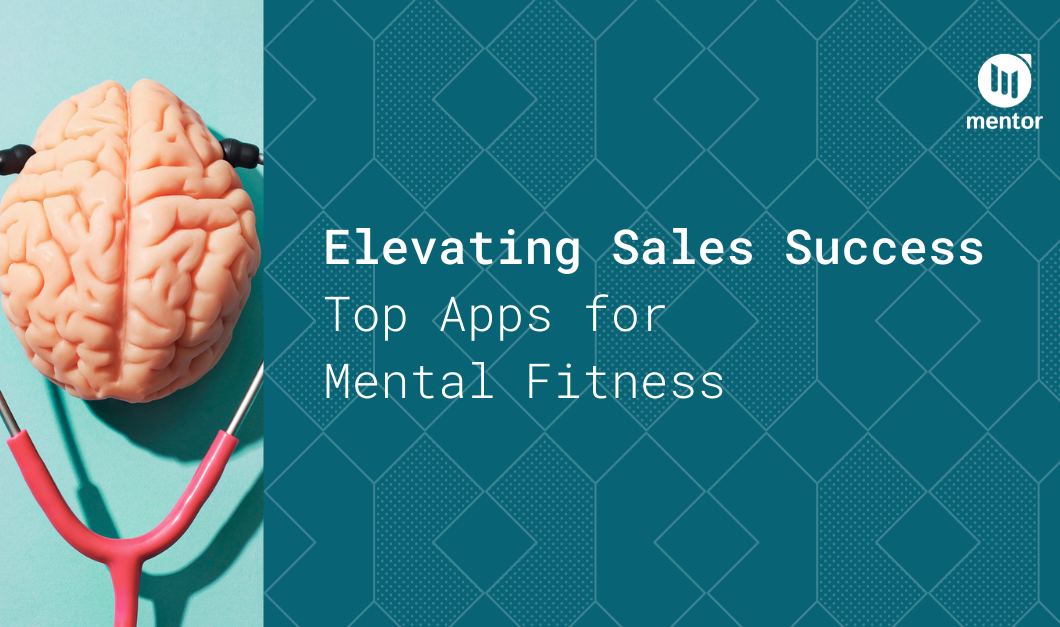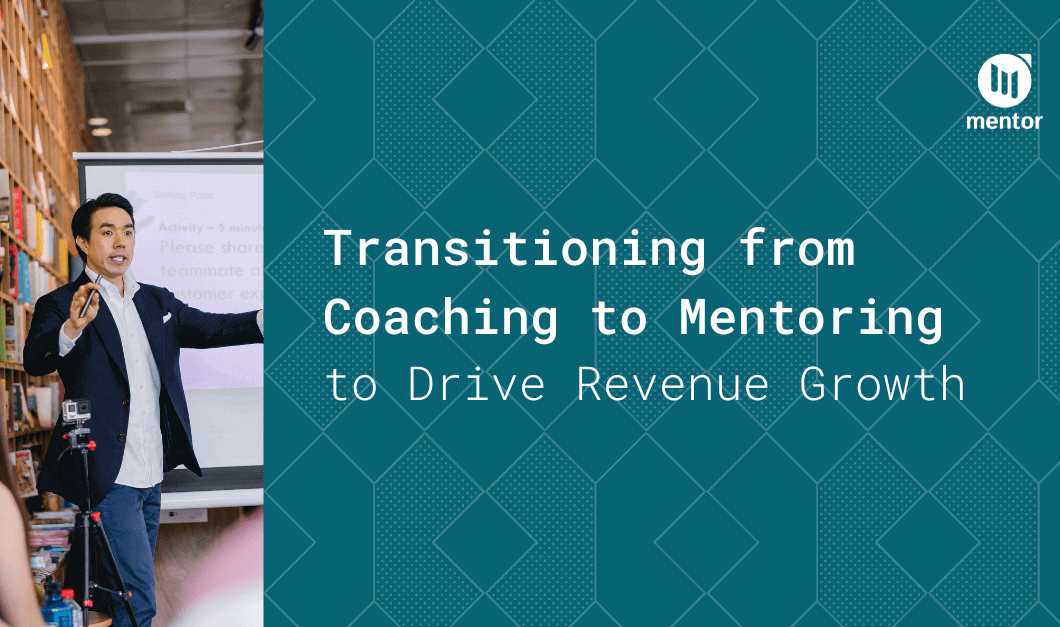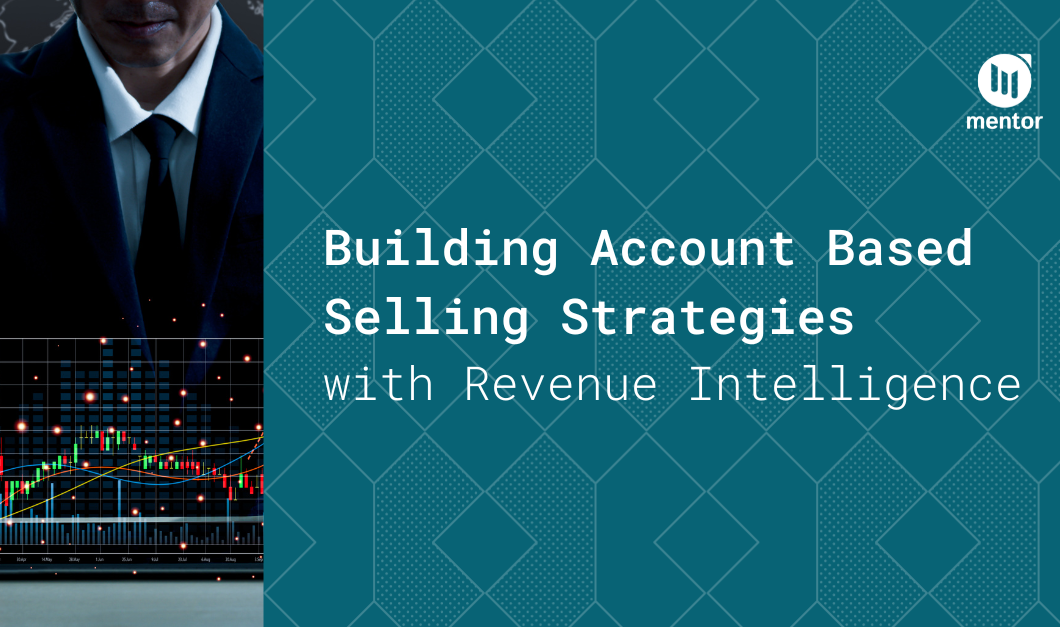Attraction and retention of talent is one of, if not the biggest, single issue facing organisations today.
This is not a new issue, but it has been made worse by the shifts in the workplace since Covid, which has seen many talented people review what is important to them and either drop off the workplace altogether or change careers. The net impact is that we have less talent. Experience is walking out of the door mainly because the work environments presented to them are no longer seen as valuable.
Considering that according to McKinsey and Company, the cost to replace a Seller is at least 5x the quota of the Seller that left, we are looking at a serious and significant problem.
Just think about what that really means. If someone leaves with a $200k target, it will cost you $1m to replace. Ouch.
With some investment and focus, however, we can change this. We can make our Seller's environments attractive again - but this can't be just done by money anymore.
Money isn't driving employee decisions anymore
Gone are the days when throwing money at Sellers would get them to overlook poor, toxic, and damaging working practices. We can see this not just from the impact of the pandemic, where Sellers are choosing to give up well paid roles for a career that isn’t so toxic, but also because the next generation is not motivated by the money anymore. They are motivated by their values.
And these values are very different than the current generation, with common values that include a desire for:
- work-life balance
- a sense of purpose
- flexibility, and
- a commitment to diversity and inclusion
Did you notice that money was missing from this list? Let’s look at the research against each of these values:
- Work-life balance: A survey conducted by Accenture found that 77% of Gen Z workers believe that work-life balance is essential to their overall quality of life. They value their personal time and prioritise their mental health and well-being.
- A sense of purpose: Gen Z workers want to feel that their work has a purpose beyond just earning a salary. According to a study by Deloitte, 74% of Gen Z respondents said that they believe businesses should positively impact society.
- Flexibility: The pandemic has accelerated the trend towards remote work, and Gen Z workers are embracing this change. They value flexibility in terms of when and where they work. According to a survey by Zapier, 95% of Gen Z respondents said that they want to work remotely at least some of the time.
- Commitment to diversity and inclusion: Gen Z is the most diverse generation in history and expects their employers to reflect this diversity. They value workplaces that prioritise diversity, equity, and inclusion. A survey by Monster found that 71% of Gen Z respondents said that they believe employers are responsible for creating a diverse and inclusive workplace.
The next-gen workplace, powered by Mental Fitness
The next generation wants a different workplace, and so, if we fail to adapt, not only are we going to (and have) lose talent, but we are also going to struggle to recruit new talent as the brightest stars will migrate to workplaces that are more in line with their values.
I truly believe that dealing with Mental Fitness in Sales, along with flexible working, will become a competitive differentiator. Organisations that embrace it and put in programs specifically to help improve Seller mental fitness will not only attract and retain better talent, but the evidence also shows (as you will see later in the chapter) that they outperform other organisations in every metric.
So how do you know how mentally fit you are?
Well, there are plenty of tools that you can use to find this out, but here is a simple litmus test. If you have experienced or are experiencing any of the following, there is a chance there is work to do on your mental fitness.
- You are regularly overwhelmed by self-doubt
- You struggle to bounce back from hardship
- You often feel on the edge of burnout
- You find it difficult to manage stress and anxiety
- You struggle with a lack of focus
- You get side-tracked by failures
- There is often conflict in relationships
- You experience communication breakdowns regularly
My guess is that we have all experienced at least one of these. And that’s good news as it means we are all in the same boat. No stigma. We ALL have issues with our Mental Health from time to time and there is no shame in admitting it.
When we realise others are in the same boat, we can start to use our empathy to change the workplace and to create high trust which in turn, creates high performance.







